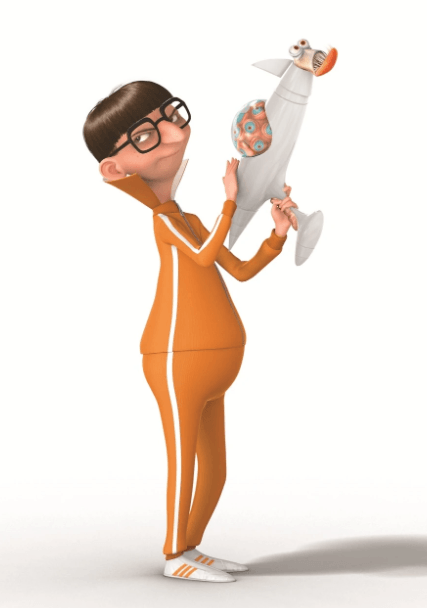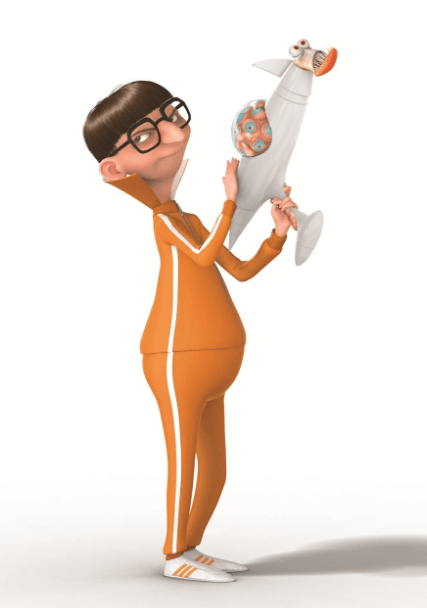How many large moons does Jupiter have?
4.
This planet is too close to the sun to be viewed easily.
Mercury.
Jovian planets are sometimes called this.
Gas giants.
Planet that rotates the fastest.
Jupiter
2X Points!!!
 What does magnitude in the context of astronomy mean?
What does magnitude in the context of astronomy mean?
Brightness
2X POINTS!!!
What's the name of Saturn's moon that has an atmosphere.
Titan.
This volcano on Mars is 3.5X the size of Mt. Everest.
Olympus Mons
This planet is sometimes the outer planet when its orbit crosses with Pluto's.
Neptune.
When a planet is furthest from the sun.
Aphelion
The brightest planet.
Jupiter
Triton.
2X POINTS!!!
The other planet that joins Mercury, Venus, and Pluto on the list of Terrestrial planets.
Earth :)
This planet rotates on an 98º axis perpendicular to its orbital path.
Uranus.
The planet that revolves the fastest.
Mercury
Uranus has this many rings, but they're too faint to see directly.
This planet is considered by some wrong people to be a moon.
Pluto.
This planet is most like earth in size & mass.
Venus
Jupiter has 2.5 times the mass of these planets combined.
All other planets in solar system.
2x POINTS!!!
 An orbital optical illusion.
An orbital optical illusion.
Retrograde motion.
The three factors that determine a planet's apparent magnitude.
Distance, albedo, and size.
Neptune.
How many degrees is Pluto tilted on its axis?
122º
2x POINTS!!!
Jupiter has 4 great moons and 59 small moons, what Jovian planet has the second most moons with 31?
Saturn.
Planets revolve the fastest at this point.
Perihelion.
Brightest planet due to albedo.
Venus